Latest F1 news in brief – Friday
-

Azerbaijan Baku denies oil crisis to halt Azerbaijan GP
- Renault says Red Bull era 'was going nowhere'
- Early 2016 to be 'challenging' for Red Bull – boss
- Argentine gov't targeting F1 race return
- Villeneuve, Berger lament state of today's F1
- 'No date' set for Capito's McLaren move
- Haas F1 Team Owner Says Engine Cost Cap Should Have Come Long Time Ago
 |
| Azerbaijan scene |
Baku denies oil crisis to halt Azerbaijan GP
(GMM) Organizers of the inaugural grand prix in Azerbaijan have hit back at reports that the June race is in doubt.
Reports have suggested that due to the tumbling price of oil, local officials are coming under pressure to scrap expensive events like the street race in Baku.
But Formula One Management (FOM) on Thursday released race start times for the 2016 season, confirming a 'twilight' green light at 6pm for the Azerbaijan race.
And the Baku City Circuit issued a statement to address media speculation that the oil and currency (Manat) problems have moved a cloud above the new European grand prix.
"The devaluation of the Manat will have no impact with regards to the staging of the first ever formula one race in Azerbaijan," it reads.
"When the budget for the grand prix of Europe was approved, it was initially calculated in US dollars. As a result, we are not expecting any changes to the current event budget," the Baku race organizers added.
The statement admitted to some "concerns" about the oil and currency situation, but explained that the "overall economic impact" of hosting F1 is still worth the cost.
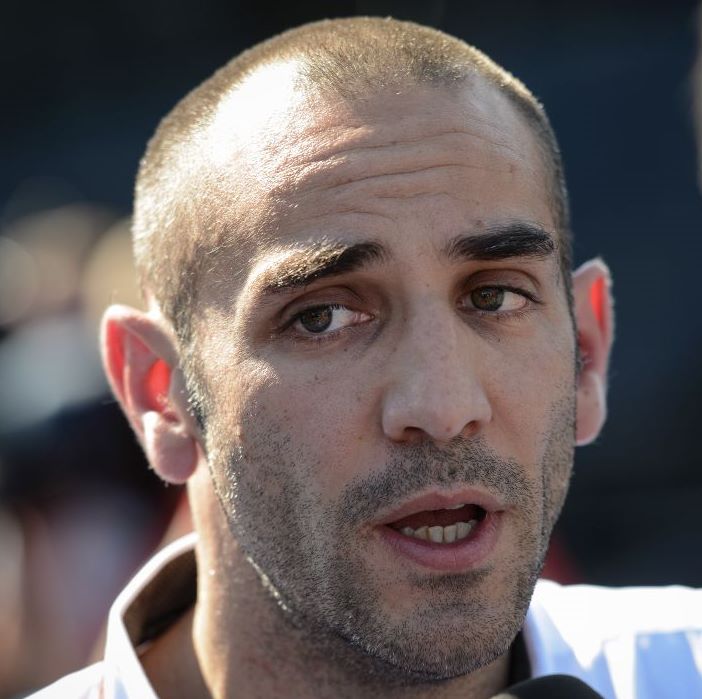 |
| Cyril Abiteboul |
Renault says Red Bull era 'was going nowhere'
(GMM) Renault concluded last year that returning to winning ways in collaboration with Red Bull would not be possible.
That is the admission of Cyril Abiteboul, the French marque's F1 managing director, as Renault now prepares for the 2016 season after buying back Lotus.
For 2016, however, the Enstone team actually designed its 'Lotus' car for a Mercedes rather than a Renault power unit, so Abiteboul admitted to F1 Racing magazine that the new works team is having to be "humble".
Senior engineer Alan Permane confirmed: "The car is not going to be where we want it to be, but we will quickly overcome those problems.
"This year is about building our relationships back up. With the new rules for 2017, that's when we need to start making ourselves much more competitive," he added.
According to Abiteboul, going through the process of rebuilding a full works team rather than trying to resurrect the old Red Bull days was the only option.
Amid the worsening relations with Red Bull last year, the Frenchman said it became "obvious" that Renault was "going nowhere" with the energy drink brand.
"So we tried to move Renault-Red Bull away from that model," said Abiteboul.
"With modern regulations, it is very difficult to be a successful engine supplier if you cannot control the full package, because you need to have a more holistic approach to the car", he said.
"The frustration when you are in a customer-supplier model with anyone – but in particular Red Bull – was that Red Bull were investing a fortune in the chassis at a time when the regulations were dictating that we had to invest much more massively in engine technology to drive performance and sporting results," said Abiteboul.
The result, he said, was the realization that success required a full works team and a bigger budget.
"The first thing is that we will have the luxury of more maneuverability in the budget," said Abiteboul. "We have more than double, not quite triple, the overall budget we had before.
"And you can expect to see quite a lot of changes to the organization and new roles created to bridge in a better way what we do on the chassis and engine sides."
Renault will reveal its full plans for the 2016 season at an event in Paris on February 3.
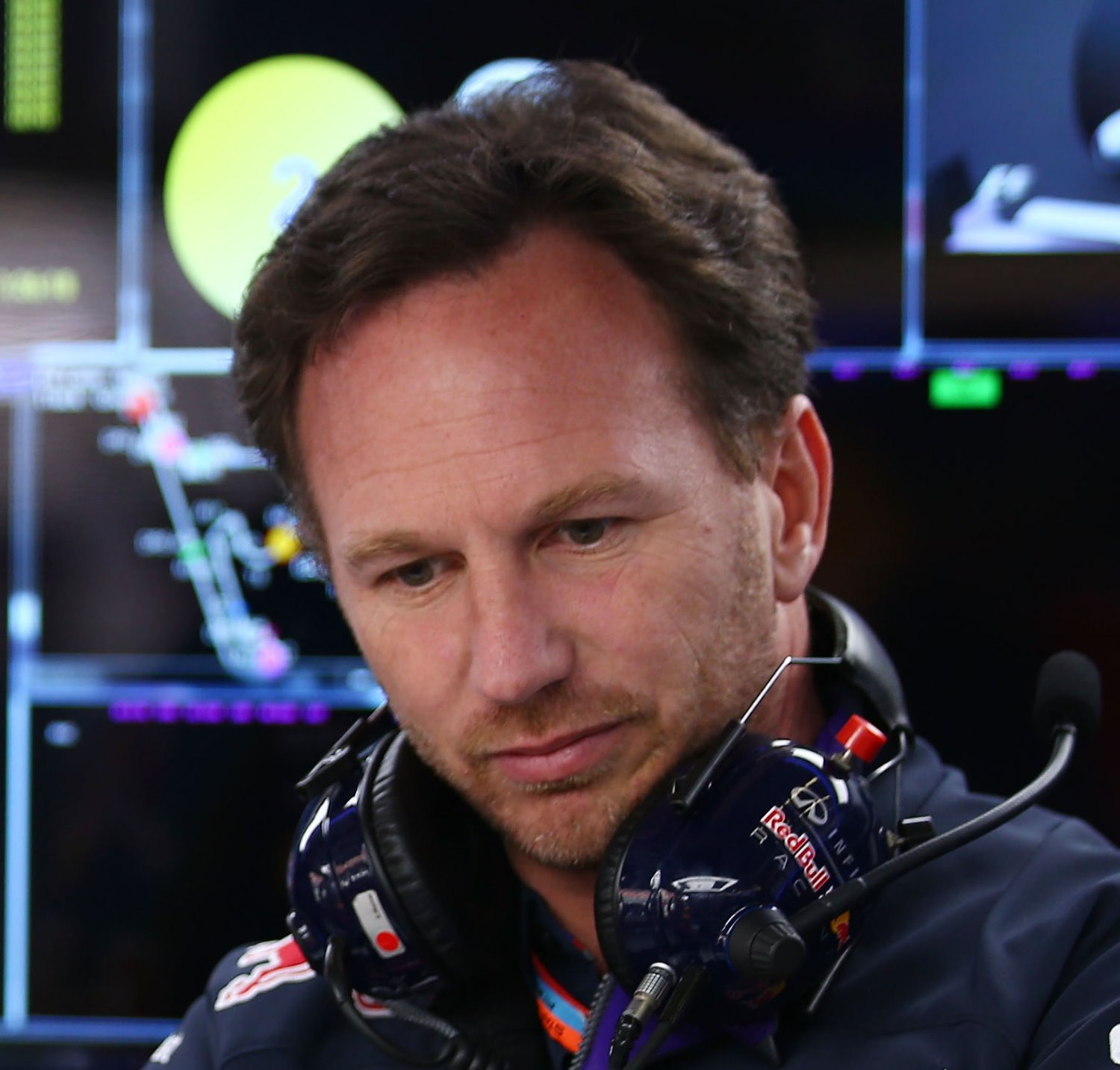 |
| Christian Horner knows early 2016 will be hard |
Early 2016 to be 'challenging' for Red Bull – boss
(GMM) With the engine supply crisis of last year finally over, Red Bull is not ruling out staying in F1 even beyond 2020.
Christian Horner, the energy drink team's boss, told F1 Racing magazine that it was "absolutely" a possibility that the situation of 2015 could have left Red Bull without an engine to fire this year.
He said team owner Dietrich Mateschitz had also become "disillusioned" with the sport and its direction, but is now looking to the "medium and long-term future".
When asked if 'long term' means beyond Red Bull's current contractual commitment to the sport to 2020, Horner nodded.
"You can never say never, it depends on what direction the sport takes. But as long as things move in the right direction and formula one remains credible and viable, then I don't see any reason why not," he said.
Horner said that after the competitive and political slump of 2015, the future is now much brighter for Red Bull, even though it will still have Renault power.
But although the engines will be re-branded Tag-Heuer, Red Bull will reportedly enjoy engine parity with the factory team, whose French parent is ramping up its effort financially.
"We're probably set for quite a challenging first quarter in 2016," admitted Horner, "but then with each new power unit, the situation should improve. That clearly and realistically has to be the goal."
He said the re-branding of the Renault engines is actually a good thing.
"The team has a real attraction and appeal," said Horner, "and to attract brands such as Tag, who have been synonymous with McLaren for so many years, demonstrates the commercial value that Red Bull holds, even after such a difficult year.
"People believe in the future. Yes we've been down, but we will be back — it's only a matter of time," he insisted.
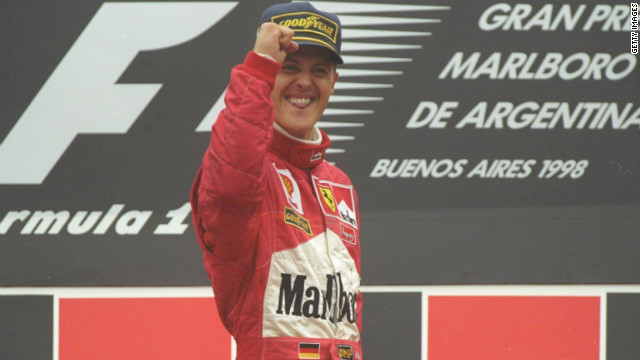 |
| Schumacher winning Argentina GP in 1998 |
Argentine gov't targeting F1 race return
(GMM) An Argentinean minister has confirmed the government's desire to see formula one return to the South American country.
F1 has not raced at the then-ageing venue in Buenos Aires since 1998, but Bernie Ecclestone said late last season: "We're talking to them and it can happen."
At around the same time, Argentina elected a new president, Mauricio Macri.
Macri, in turn, appointed Gustavo Santos as the new tourism minister, declaring: "Now we have to get the country moving".
At an event on Thursday, minister Santos declared that Argentina wants to secure several major events, including the World Cup and a grand prix.
He said the aim is to "strengthen our positioning and brand".
"These are challenges that are costly and complicated," Santos told the Spanish news agency EFE, "but it is our decision to seek them and other major events."
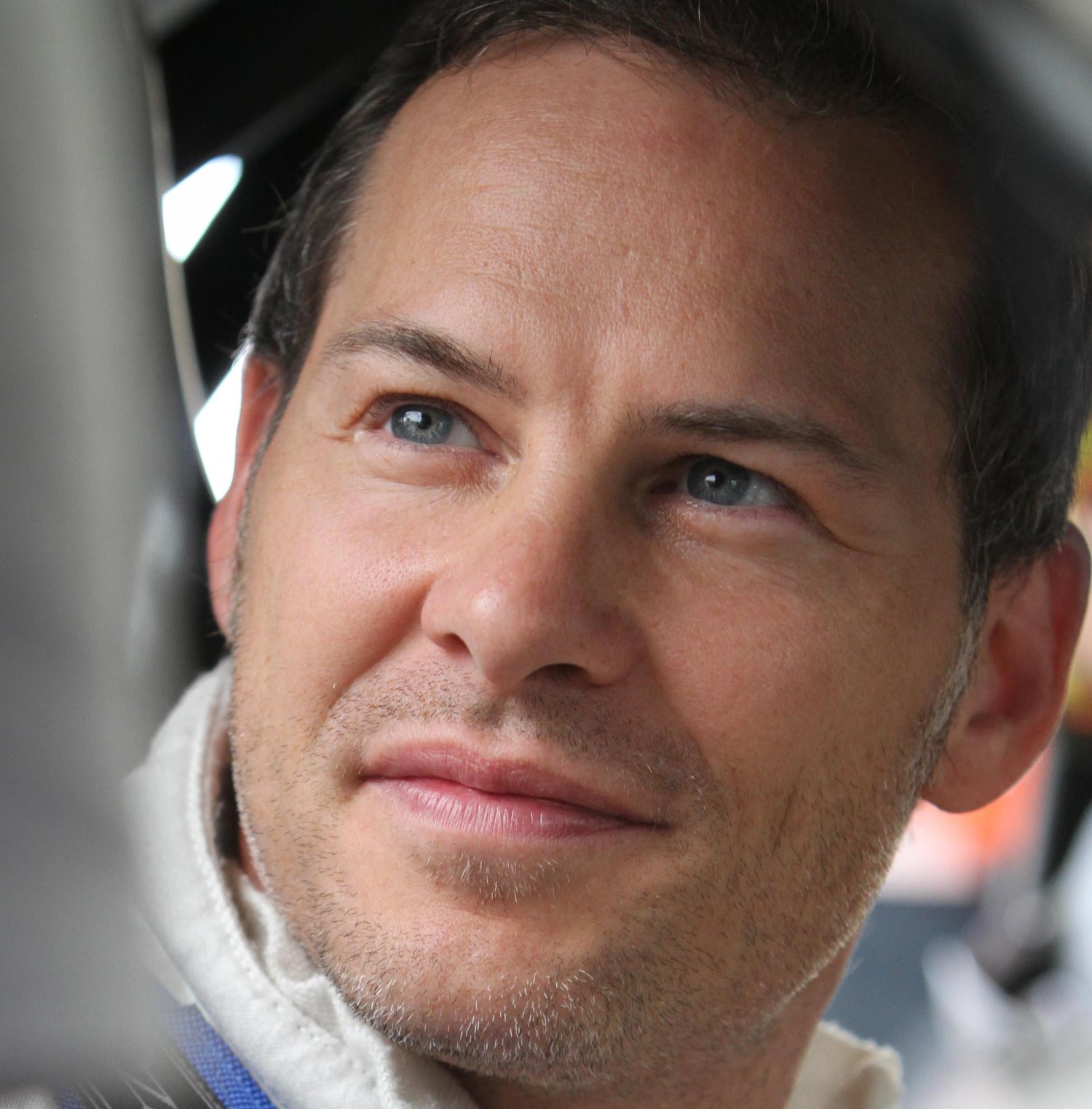 |
| Jacques Villeneuve |
Villeneuve, Berger lament state of today's F1
(GMM) Two former F1 drivers have lamented the current state of the sport.
1997 world champion Jacques Villeneuve and F1 veteran Gerhard Berger think changes at the very heart of formula one are now necessary.
"F1 tries to be everything," Villeneuve, now a Formula E driver, told CNN.
"And that's wrong. It tries to be an endurance car – it's some form of hybrid – and hybrid technology weighs around 100 kilos and that's four seconds a lap of weight.
"It's not F1, it's not extreme, it doesn't make sense," the French Canadian declared.
"F1 has to be out there, extreme, unattainable, stupid, crazy — that's what it's always been. It's a laboratory where the sky's the limit.
"There are a lot of things that are making F1 a lot less appealing to the public. A bunch of things like DRS," said Villeneuve, now 44.
He concludes that F1 needs to "go back to its roots", and Austrian Berger agrees.
"Today," said the former McLaren and Ferrari driver, "the viewer is confronted with a bunch of rules and words that he does not understand.
"Every Sunday there is something new," Berger told Germany's Auto Motor und Sport.
"DRS, KERS, token, ultra-soft tires … no one in the world knows what a 'token' is. But formula one talks about it every day.
"People are at work all week and for two hours they want to be entertained with a grand prix. So if Bernie (Ecclestone) and Jean (Todt) are not able to keep this nonsense from the spectators, they must not be surprised when no one is interested anymore," Berger charged.
The 56-year-old said that, to solve the problem, F1 needs someone to stand up and take clear control of the sport.
"In reality I sometimes fall asleep in front of the television now," said Berger. "Because after one lap you know who will win the race.
"What it needs is a neutral body who represents the fans and the sport, and takes the final decisions. In these democratic votes by the teams, there are way too many bad compromises," he insisted.
"If Bernie and Jean have sold their power, they need someone capable and financially independent, with the sport in his blood and the necessary power to direct from above.
"Then everyone can decide if they want to be in or not. That was the old system," said Berger, "and it worked. That's what we have to go back to."
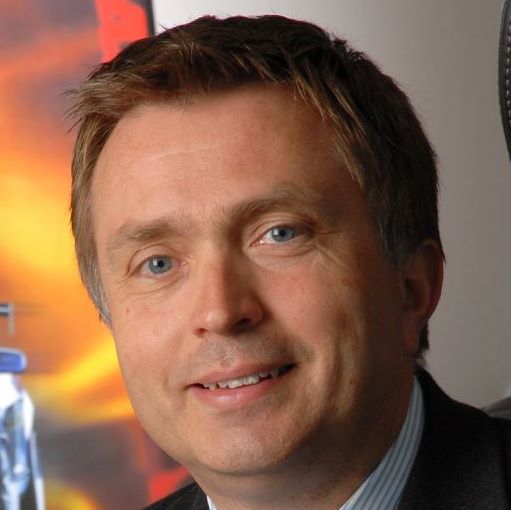 |
| Jost Capito |
'No date' set for Capito's McLaren move
(GMM) Jost Capito, McLaren's new team CEO, has not confirmed speculation he will start work at the Honda-powered team in April or May.
"There is no date," he said at the opening round of the world rally championship in Monte Carlo, where he is still running VW's program for the German giant.
"Until everything is organized at Volkswagen and there is a substitute, I will not go," added Capito.
He is quoted by Spain's AS newspaper as denying that he decided to accept McLaren's offer because of the emissions scandal at Volkswagen.
"Absolutely not," the 57-year-old insisted. "In fact, the current situation made it more difficult to go.
"There is sufficient budget to compete at the same level as the last three years, and the only cuts affect areas that are not directly involved in competition."
Capito added: "I will miss rallying. It is a sport with a great and open atmosphere and many friends. F1 is different — more closed."
What he is looking forward to is working with one of F1's very best drivers, Fernando Alonso.
"Alonso is very competitive and working to help the team return to the top. It will be a pleasure to work with him.
"In rallying it is also difficult to work with these drivers who are very charismatic. There will be no problems," Capito insisted.
On his high-profile move from rallying to F1, he explained: "McLaren and Ferrari are the most prestigious names not just in F1 but motor sport generally, and so I could not resist.
"I have known Ron Dennis since the days of Porsche Cup when Hakkinen did a race, and now he (Dennis) has decided to hire me. I want to help McLaren to get back to the top," he added.
Capito said he has no qualms about adapting to the different working methods of Honda, explaining: "When I was at Sauber I worked with people from Yamaha and it was not difficult.
"You must only adapt to their different way of dealing with things," he added.
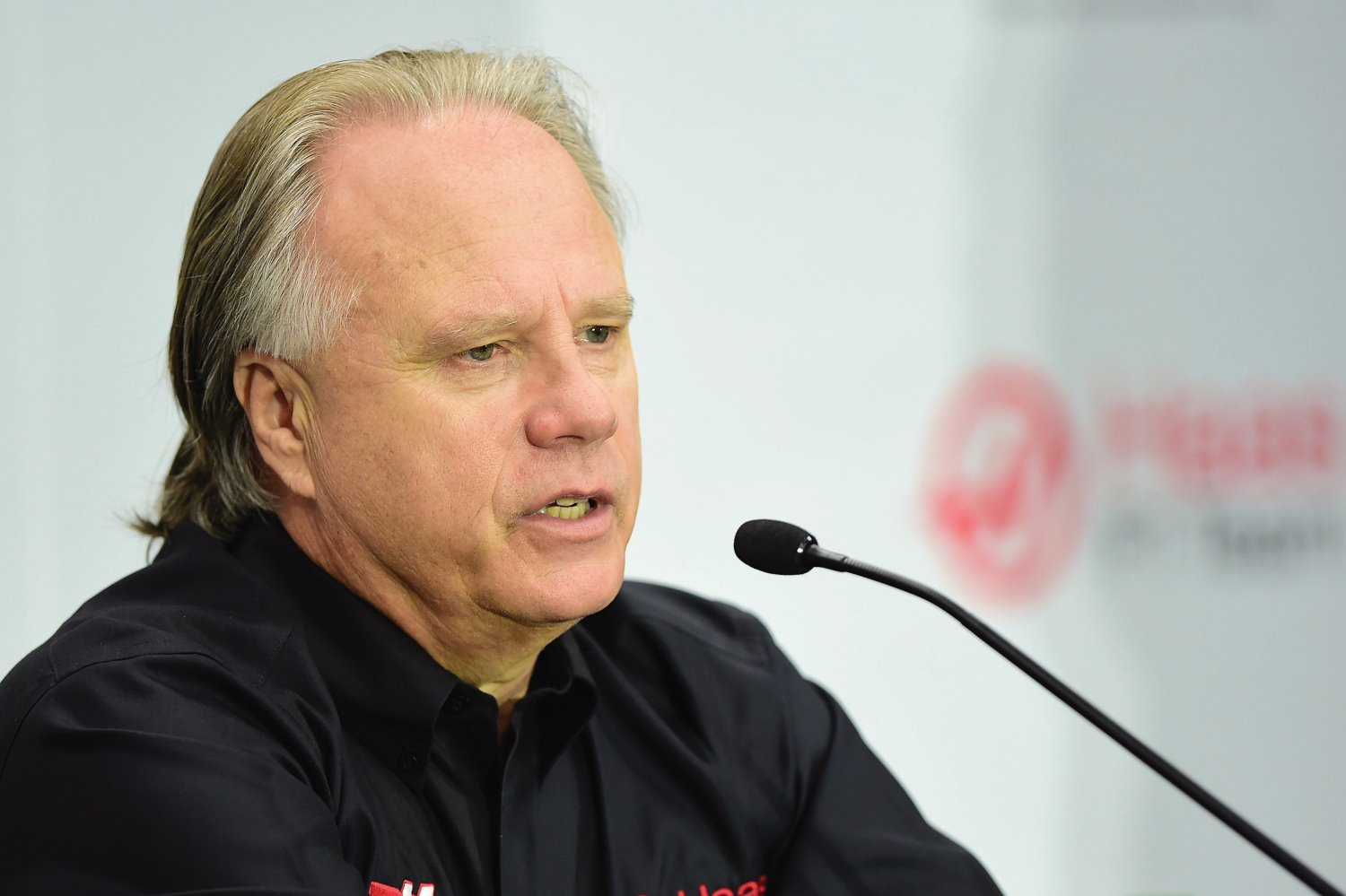 |
| Gene Haas |
Haas F1 Team Owner Says Engine Cost Cap Should Have Come Long Time Ago
The news that F1 agreed to cap the cost of engines and assured all teams will be supplied going forward is something that should have happened a long time ago, according to Gene Haas.
The owner of the Haas F1 Team, which will make its debut at the Australian Grand Prix in March, told SBD Global that those decisions should have been made from the get-go.
"The current engine specifications, everybody agreed to it, everybody thought this was the future — the only thing they left out was the cost," he said. "Then when the $25 million came down for an engine, that really floored everybody."
F1 teams reportedly pay between $22M-$29M per year for their engines. While no formal announcement has been made yet, it emerged that the series' four engine manufacturers — Mercedes, Ferrari, Honda and Renault — agreed to limit the cost to $13M following a two-day meeting in Geneva.
"If they would have put that in writing somewhere — here's what the engine costs — it would have eliminated a lot of the confusion." The manufacturers also provided assurances that the whole grid will be supplied with engines.
NEW RULES: The new regulations are expected to take effect in '18 and will remain unchanged for three seasons. Making sure the specifications remain stable through '20 is an important aspect as manufacturers cannot immediately change directions, Haas said.
"That's why it's so important that when they put these specifications together they get them right and everybody agrees." Haas F1 will get its power units from Ferrari after agreeing to a multi-year technical partnership with the Italian team. Haas did not reveal how much he pays for his engines.
He only said, "Ferrari doesn't do well at negotiations. They have a very premium brand and they charge a very premium price." Despite the high price tag, Haas considers it a bargain. "You couldn't build it on your own for less," he said. The power units will be responsible for a substantial amount of the team's total budget which Haas put at $100M-$110M for the first year.
The cost, however, is nothing new for Haas, who is also the co-owner of NASCAR team Stewart-Haas Racing. "Basically we run four cars in NASCAR for what it will cost to run two cars in Formula 1," he said.
"But F1 pays better." HJ Mai/Sportsbusinessdaily.com
